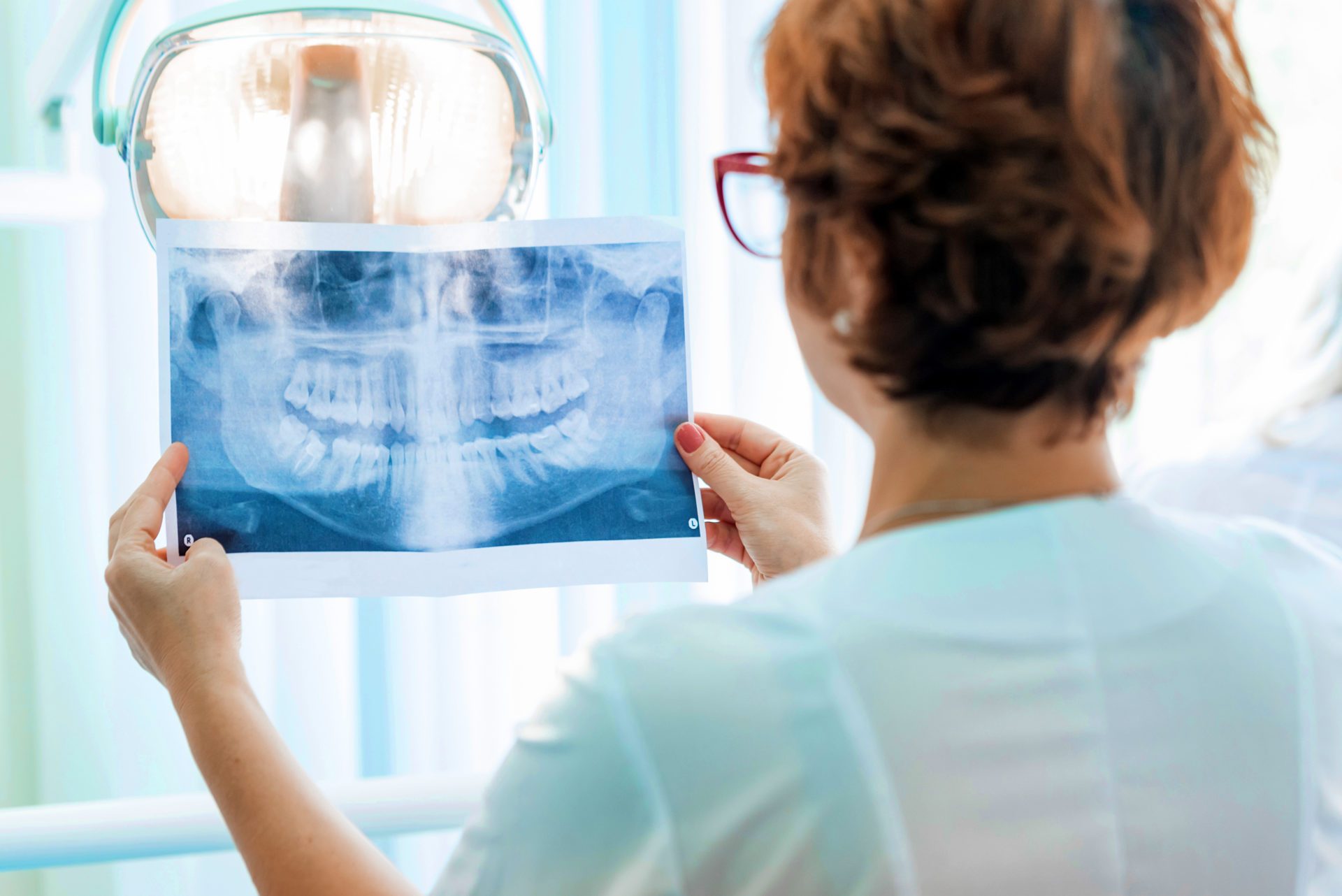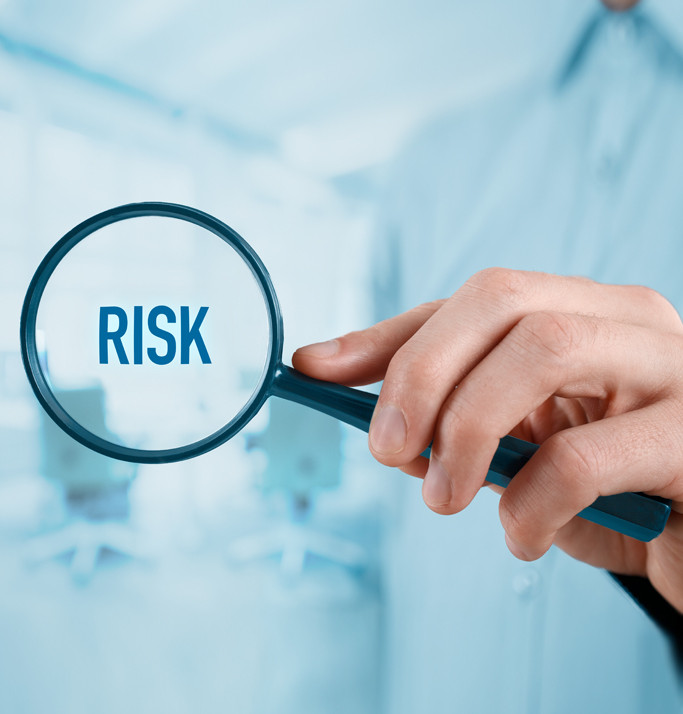Contents


Why is imaging necessary?
You should agree that it is impossible to treat teeth blindly.
If a tooth problem is not on the surface, it is impossible to diagnose the problem and treat a tooth correctly. A dentist cannot compile a treatment plan without a full-fledged picture of your teeth.
Detailed diagnostics, especially in 3D format, presents an informational base for a dentist. You can be sure of the quality of procedures only after a through examination.
Are there any risks with X-rays? What should I be aware of?
Some people worry that X-rays aren’t safe because radiation exposure can cause cell mutations that may lead to cancer. However, the amount of radiation you’re exposed to during an X-ray is so small that the risk of cell damage is extremely low.
If you’re pregnant or suspect that you may be pregnant, tell your doctor before having an X-ray. Though the risk of most diagnostic X-rays to an unborn baby is small, your doctor may consider another imaging test, such as ultrasound.


Are dental X-rays safe for kids?
Because children are generally more susceptible to getting cavities, dental X rays may often be recommended at every six-month appointment. That said, some kids may need scans less frequently (every two or three years) if their teeth and gums are healthy. The good news for kids’ oral health is that dental X-rays are safer now than they have ever been. Many dentists now use digital X-rays that give off 80% less radiation than film X-rays.
Can AAG Diagnostics accommodate my schedule as a working parent?
AAG Diagnostics has appointments available from 10:00 a.m. to as late as 7:00 p.m. during the week, and we are open also on Saturdays from 10 a.m. to 7:00 p.m. Our office is closed on Sundays.
Can I refuse dental X-rays at my appointment?
If you choose not to receive dental X-rays, it’s important to know that you could later develop a problem that could have been diagnosed on a scan.
The American Dental Association requires dentists to treat every patient to a minimum standard of care, and routine X-rays are a part of this standard. Your dentist can opt to treat you despite your refusal of X-rays, but it can put them at risk for failure to diagnose a potentially serious dental issue. The benefits of dental X-rays far outweigh the risks you could be subjecting yourself to.
This is why your dentist also has every right to refuse treatment at their practice if you don’t receive recommended scans.

